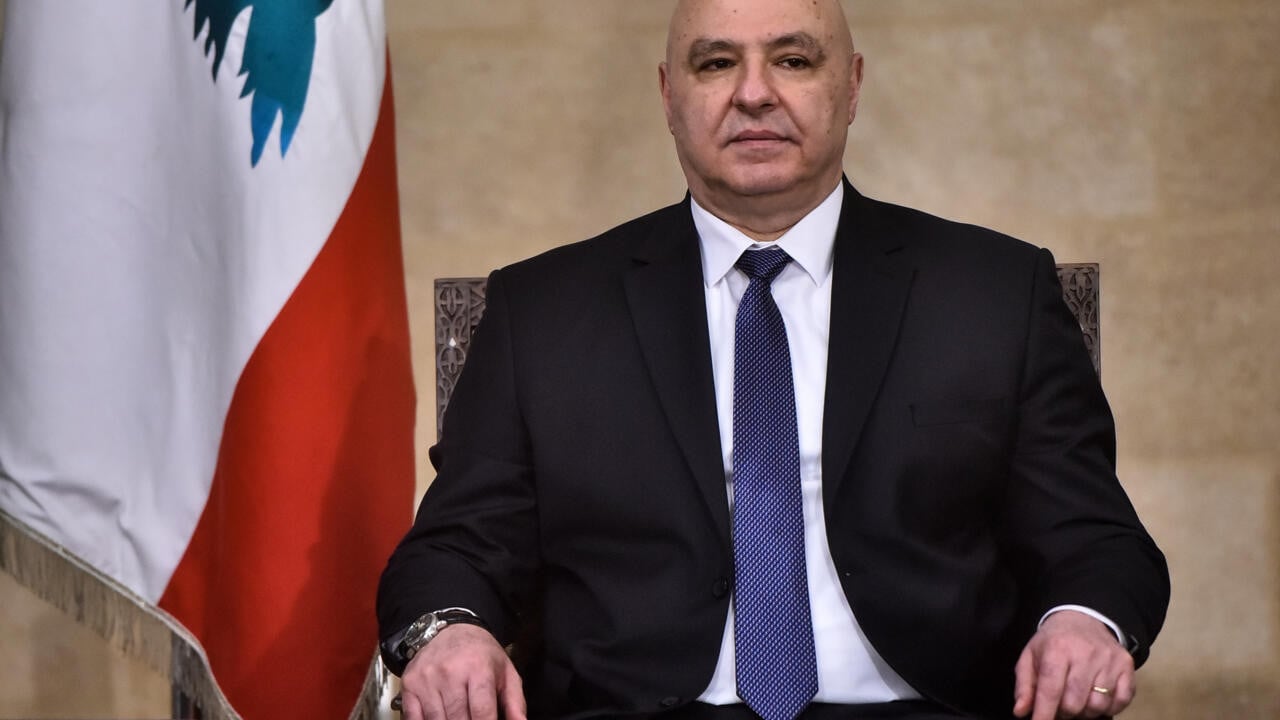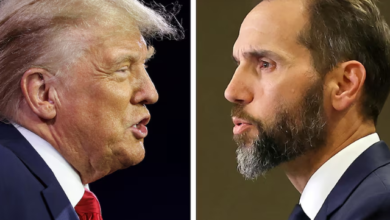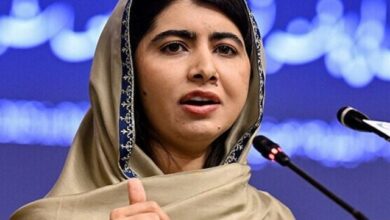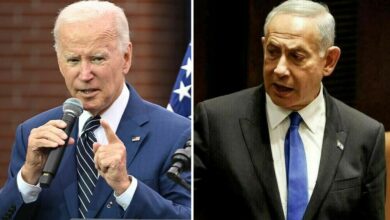The weakening of Hezbollah in last year’s war with Israel allowed Lebanon’s long deadlocked parliament to reach consensus around a president who has the confidence of the international community.
Army chief Joseph Aoun, who was elected on Thursday ending a more than two-year vacancy, signalled a readjustment of Lebanon’s foreign policy as the country works with international creditors to forge a way out of six years of deepening financial crisis.
Deadlock in parliament between pro- and anti-Hezbollah blocs had stalemated a dozen previous attempts to elect a president, leaving the country largely rudderless in its efforts to secure an emergency bailout.
But two months of full-fledged war with Israel last autumn dealt heavy blows to the group, with its longtime leader Hassan Nasrallah killed in a September air strike.
Hezbollah’s “political defeat follows its devastating military defeat”, said Hilal Khashan, professor of political science at the American University of Beirut.
Lina Khatib, of Britain’s Chatham House think tank, said it was “the first time since the end of the Lebanese civil war (in 1990) that a Lebanese president is elected without prior approval by Iran and by the ousted Syrian regime”.
“Hezbollah’s acceptance of Aoun’s election underlines that it no longer dictates the political agenda,” she told AFP.
“The significant shift in the political status quo… is the direct result of the larger geopolitical changes in the Middle East in which Iran’s influence in the region is ending.”
The United States, France, Qatar, Saudi Arabia and Egypt, had all lobbied heavily for the election of Aoun to fill the presidential vacancy.







